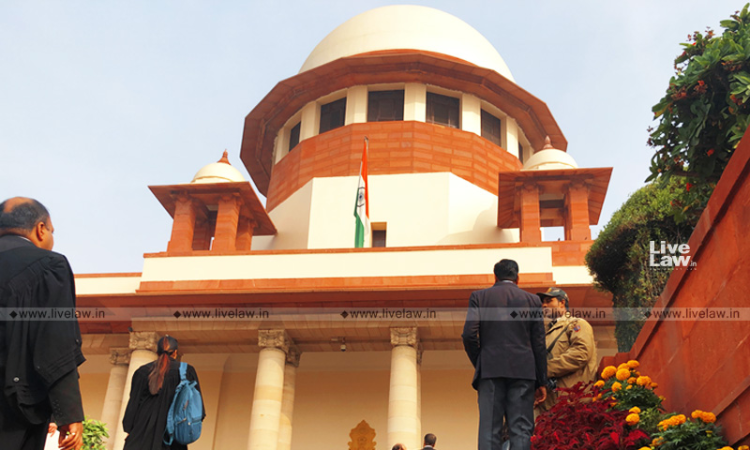The Supreme Court reiterated that neither the client nor the court is bound by lawyer's admissions as to matters of law or legal conclusions."While generally admissions of fact by counsel are binding, neither the client nor the court is bound by admissions as to matters of law or legal conclusions", the bench comprising Justice DY Chandrachud and Justice AS Bopanna, observed while dealing with...

